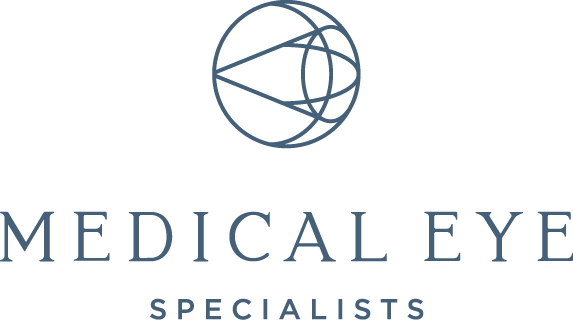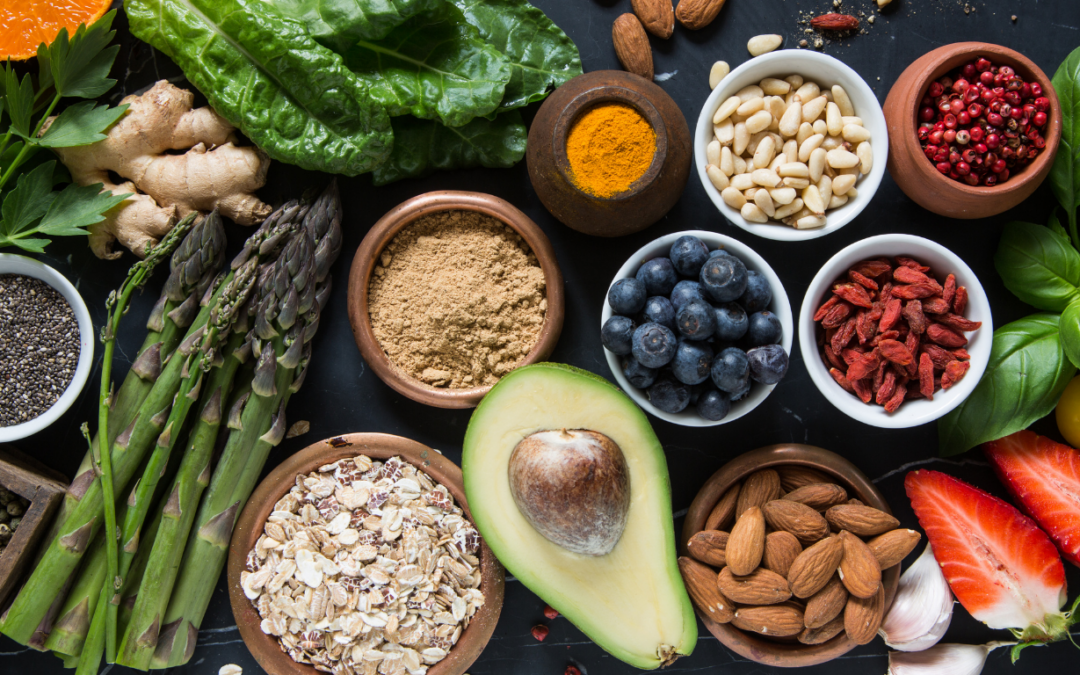When it comes to taking care of our eyes, cataracts are a common concern as we age. Did you know what we eat can impact the risk of developing cataracts? Recent studies suggest that diet and nutrition can play a part in reducing the risk of cataracts, and eating foods rich in antioxidants might help slow down the progression of cataracts. Some foods may also help keep your eyes healthy and lower the chances of cataract-related vision issues.
Foods to Avoid
While there is no surefire way to guarantee you’ll never develop cataracts, eating right and having a healthy lifestyle can help with the aging process that causes cataracts. Some foods to avoid are:
- Soft drinks
- Processed foods
- Fried foods
- Sugary snacks
One key dietary change to consider is reducing sodium intake. High salt levels in your diet have been linked to an increased risk of developing cataracts. Additionally, it’s wise to limit consumption of white bread and bakery items that contain refined sugars and grains. These adjustments could potentially lower your risk of developing cataracts at an earlier age.
What to Eat to Help Prevent Cataracts
To prevent cataracts, it is important to maintain a diet rich in specific nutrients and antioxidants. Key elements of a diet aimed at reducing the risk of cataracts include:
– Vitamin C: Found in citrus fruits, tomatoes, red and green peppers, kiwifruit, broccoli, strawberries, Brussel sprouts, cantaloupe and potatoes.
– Vitamin E: Sourced from vegetable oils, nuts (especially almonds and peanuts) and green vegetables like spinach and broccoli.
– Lutein and Zeaxanthin: Found in eggs and green, leafy vegetables.
– Omega-3 Fatty Acids: Obtained from sources such as grass-fed beef, fatty fish and flax seeds, these keep eyes hydrated and reduce the likelihood of cataract development.
– Green Tea: Offers antioxidants that can protect the eyes from cataracts.
– Nuts and Seeds: Rich in vitamin E and antioxidants, particularly walnuts, almonds, sunflower seeds, hazelnuts and peanuts.
– Whole Grains: Including brown rice, quinoa, oatmeal, wheat, rye, sorghum and oatmeal, these promote eye health.
– Colorful Fruits and Vegetables: Consuming raw or cooked produce with carotenoids, such as cantaloupes, sweet potatoes, carrots and pumpkins, can help prevent cataracts.
Maintaining a healthy diet and focusing on nutrition can play a significant role in reducing the risk of cataracts. Making dietary adjustments can support eye health and reduce the likelihood of cataract-related vision issues as we age. While maintaining a healthy diet is essential for preventing cataracts, it is important to remember that regular eye exams play a crucial role in preserving eye health. Schedule your next eye exam with Medical Eye Specialists to ensure the continued well-being of your eyes.
Comprehensive Eye Care
From routine eye care to medical and surgical eye treatment, our ophthalmologists and optometrists are focused on your vision and the health of your whole eye.




